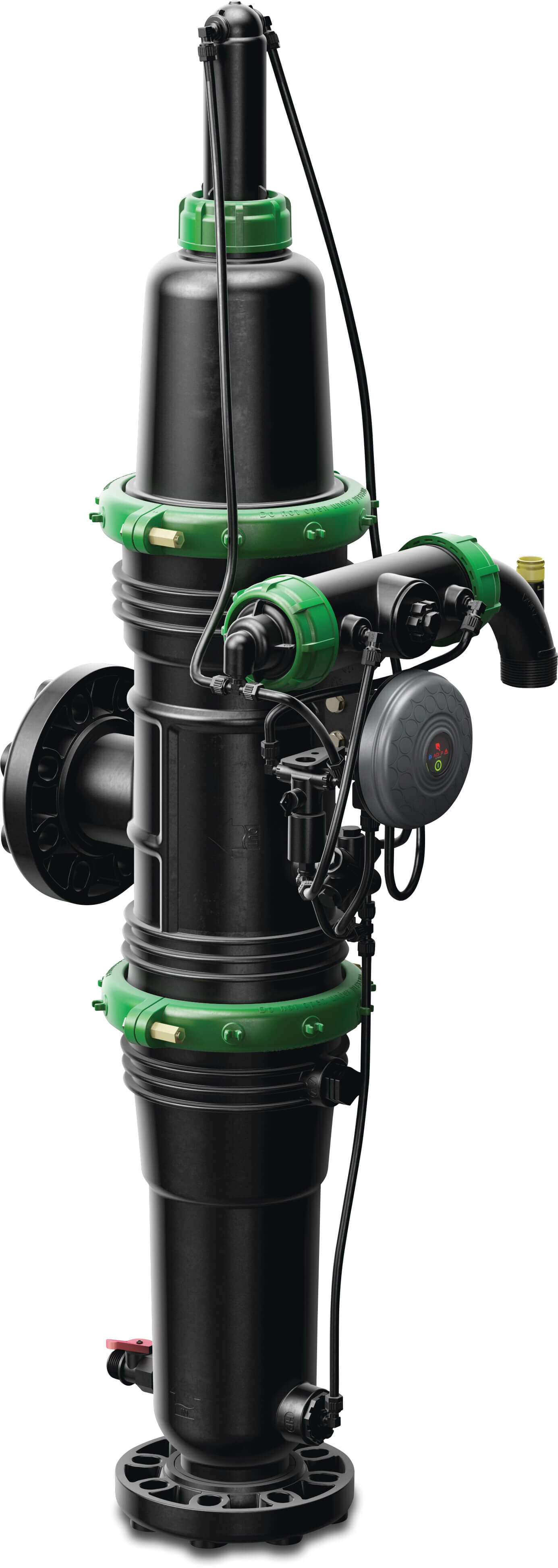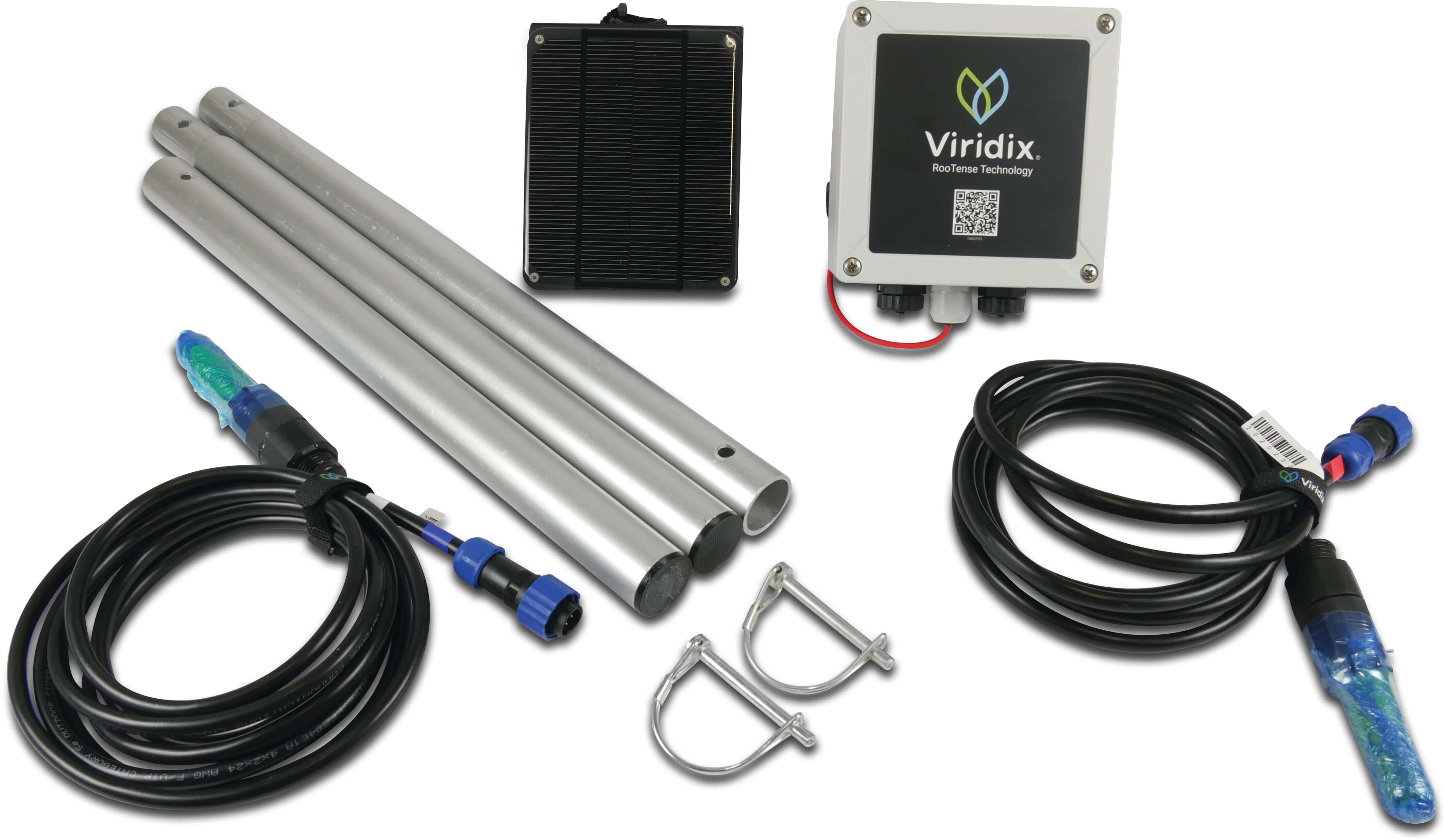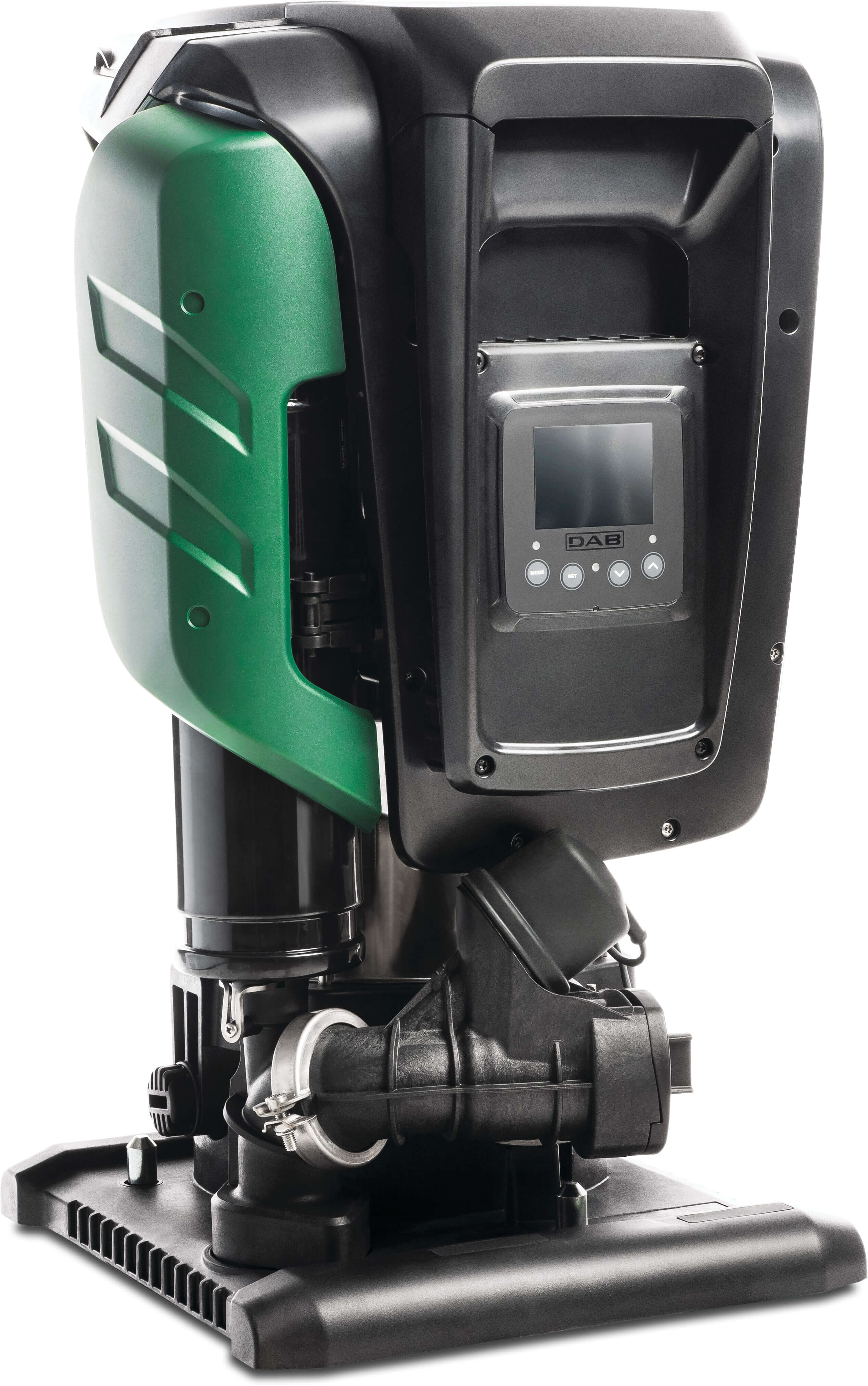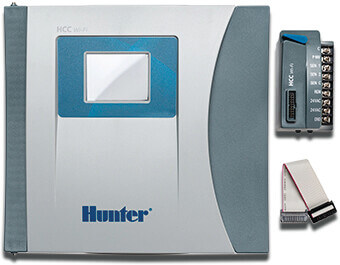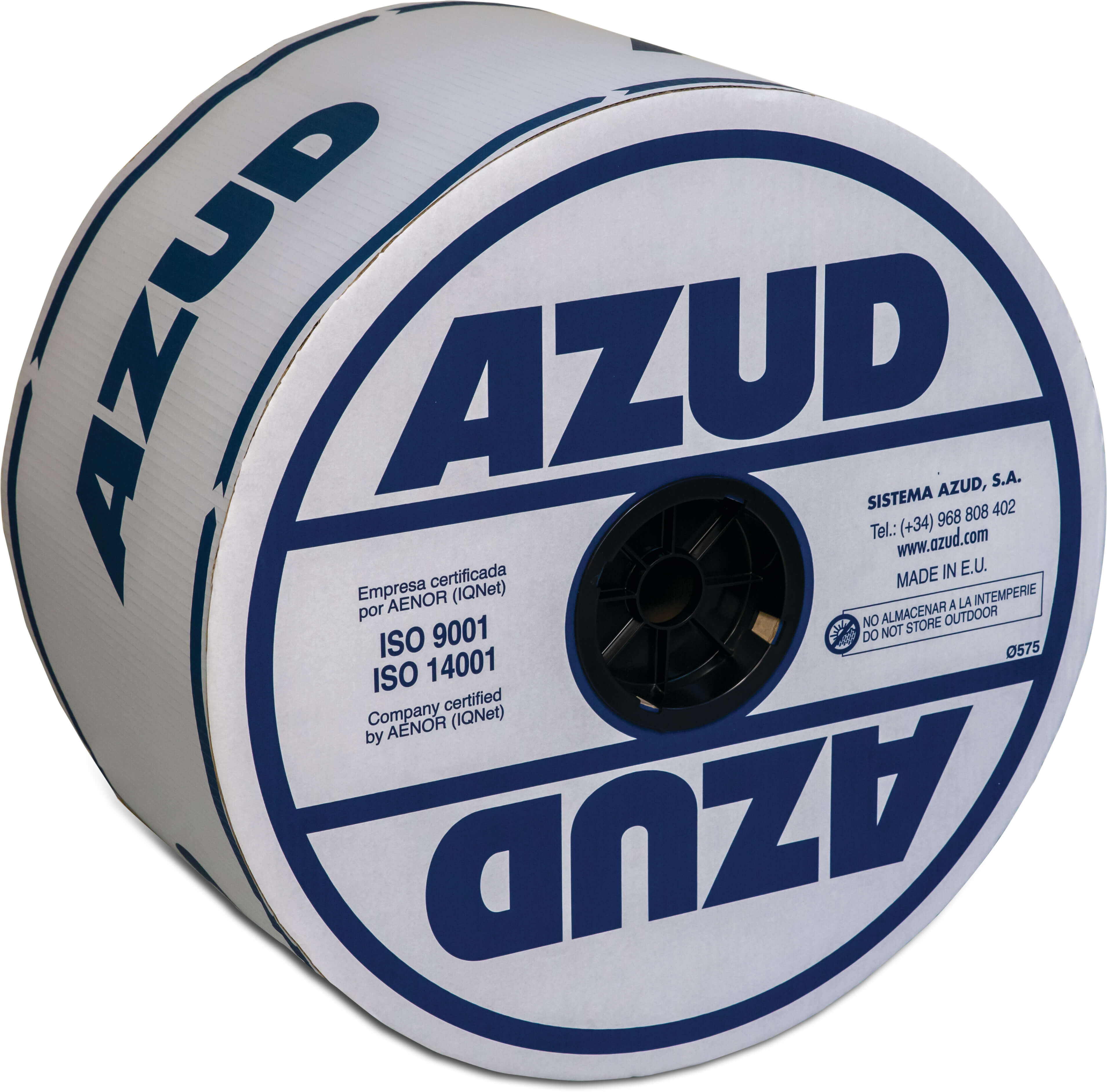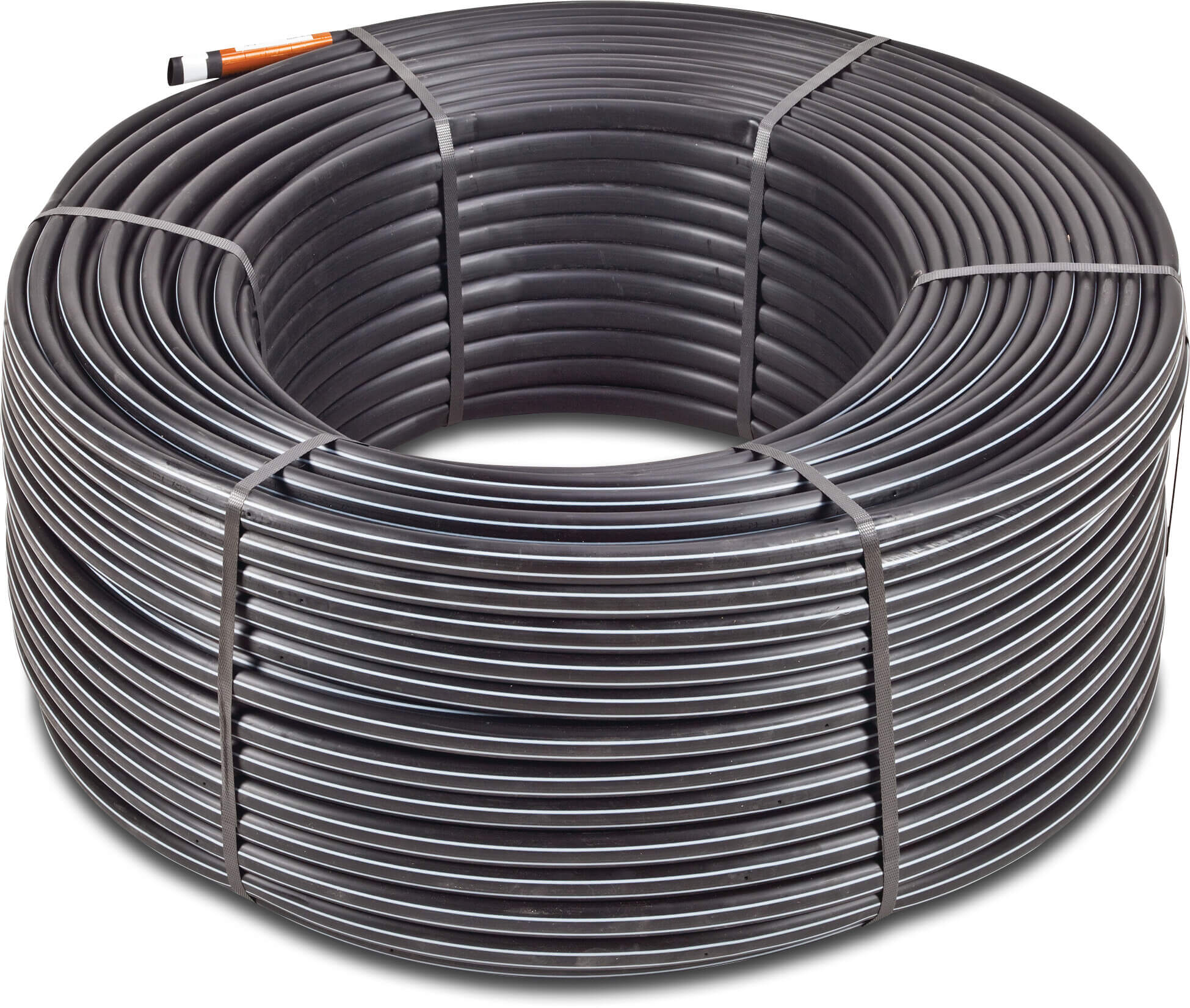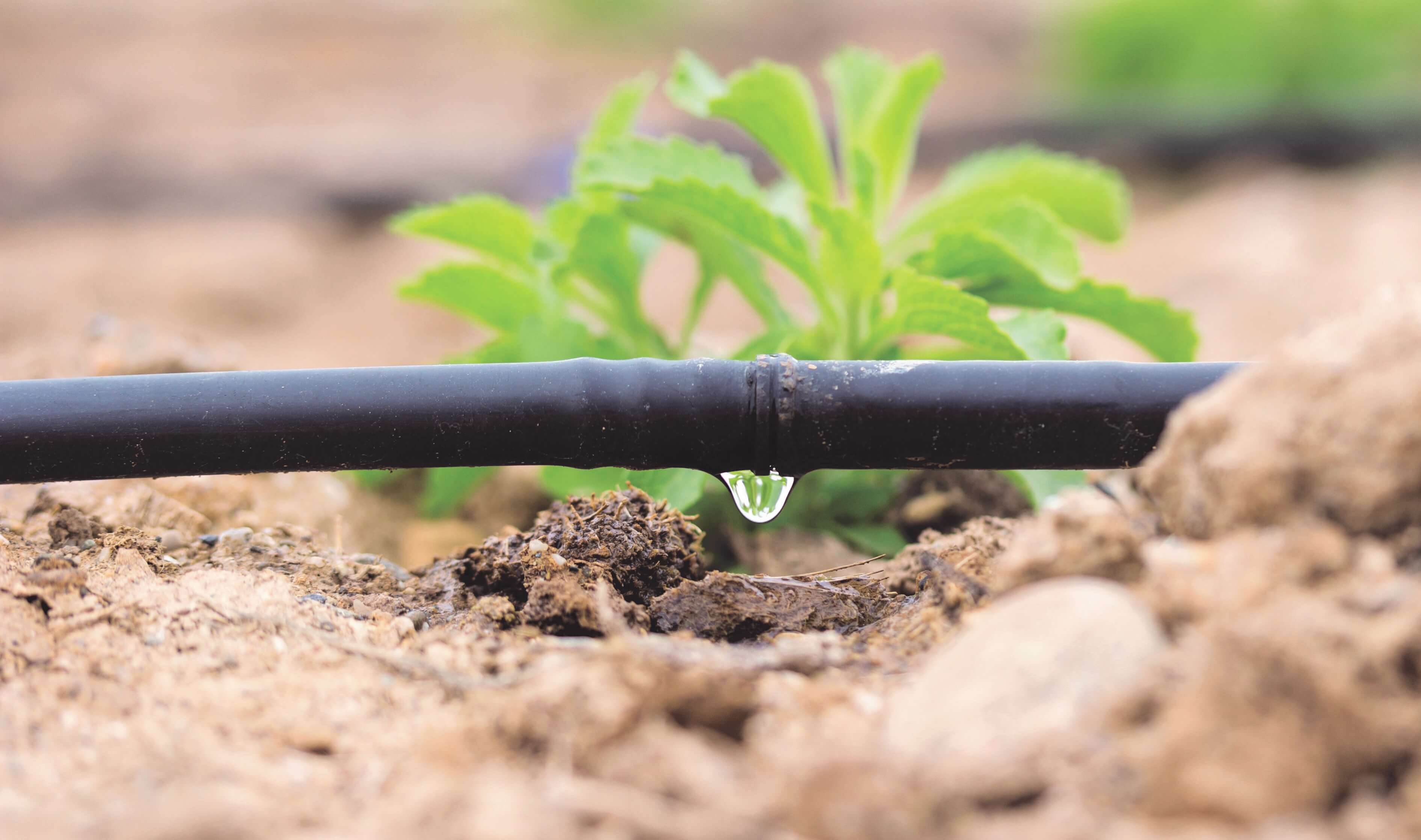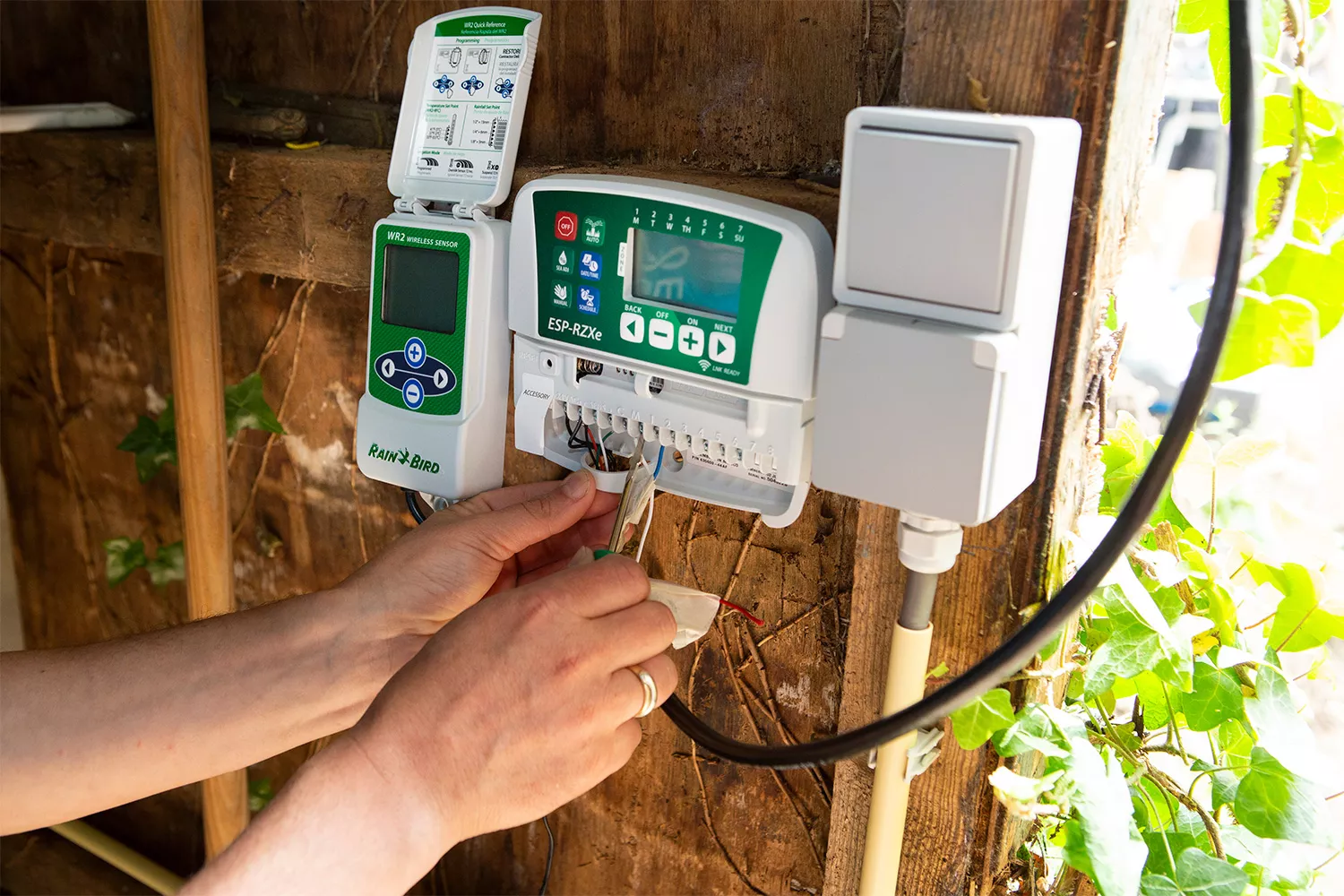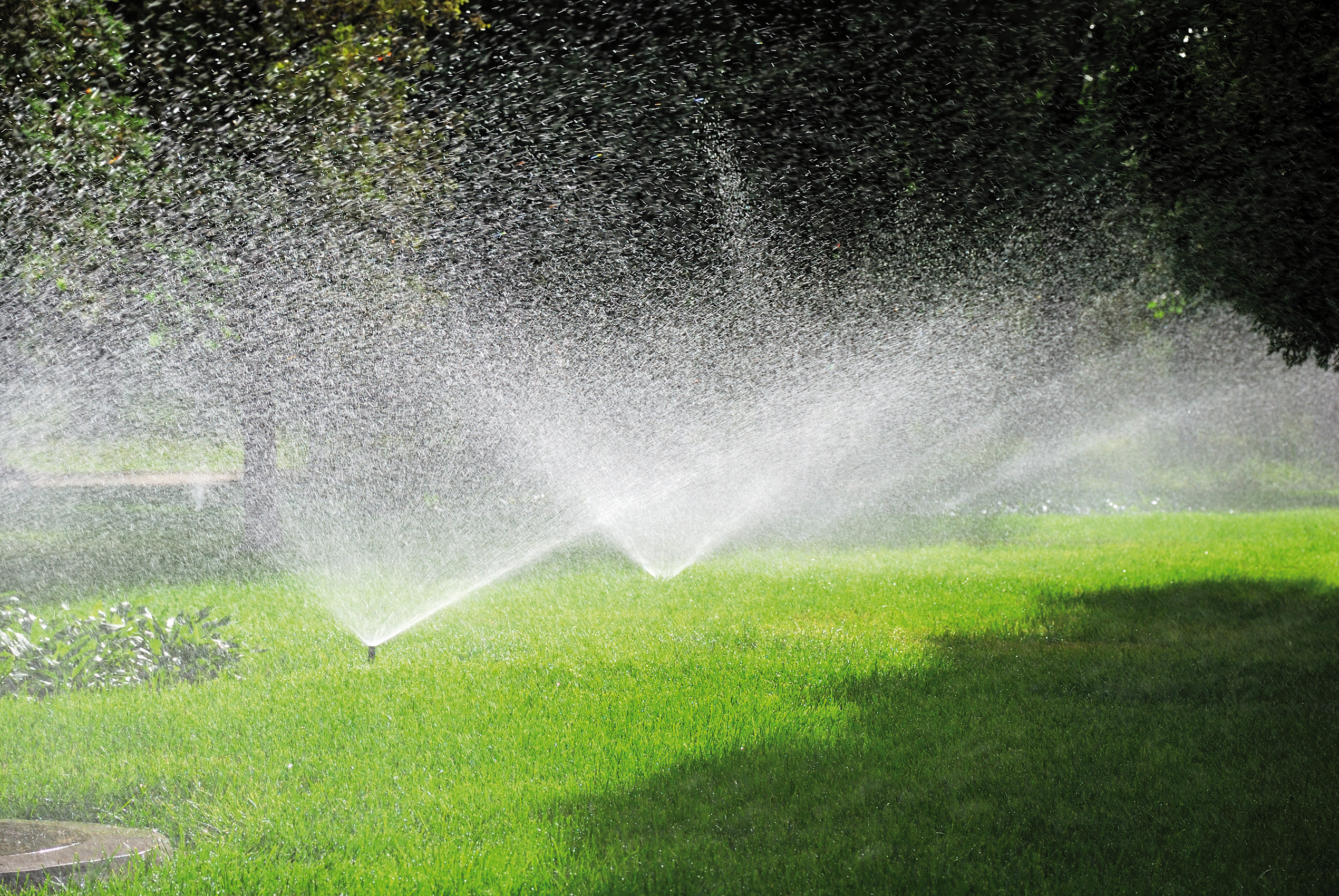Smart farming: precision agriculture
Elevate your farm's efficiency and productivity with our smart farming solutions. By integrating smart sensors and control systems, we empower farmers to optimise resource utilisation, enhance crop yields, and drive greater efficiency across their operations. Explore our range of smart farming solutions designed to revolutionise your farming operations and enhance your yields.
Smart farming products
Smart farming techniques
Fertigation
Maximise nutrient uptake and minimise waste with our precision fertigation systems. Our integrated solutions combine irrigation and fertilisation, delivering nutrients directly to your crops for optimal growth and yield.
Control systems
Take control of your farm's operations with our advanced control systems. From automated irrigation scheduling to climate control, our intuitive platforms empower you to fine-tune your farming environment for maximum productivity.
Sensory technology
Gain valuable insights into your crop health and environmental conditions with our state-of-the-art sensor technology. Monitor moisture levels, temperature, pH, and more in real-time, enabling you to make informed decisions and optimize resource allocation.
Frequently Asked Questions
How does smart irrigation differ from traditional irrigation methods?
What are the benefits of implementing smart irrigation on my farm?
- Improved water efficiency and conservation
- Reduced water usage and associated costs
- Enhanced crop yields and quality
- Prevention of overwatering and water stress
- Automation of irrigation scheduling and operation
- Real-time monitoring and data-driven decision-making
- Environmental sustainability and compliance with water regulations
- Potential for increased profitability and return on investment over time.
Can smart irrigation systems be integrated with existing irrigation infrastructure?
Can smart irrigation systems adapt to changing weather conditions in real-time?
Can smart irrigation systems be remotely monitored and controlled?
What factors should I consider when choosing a smart irrigation system for my farm?
Frequently Asked Questions
- Improved water efficiency and conservation
- Reduced water usage and associated costs
- Enhanced crop yields and quality
- Prevention of overwatering and water stress
- Automation of irrigation scheduling and operation
- Real-time monitoring and data-driven decision-making
- Environmental sustainability and compliance with water regulations
- Potential for increased profitability and return on investment over time.




